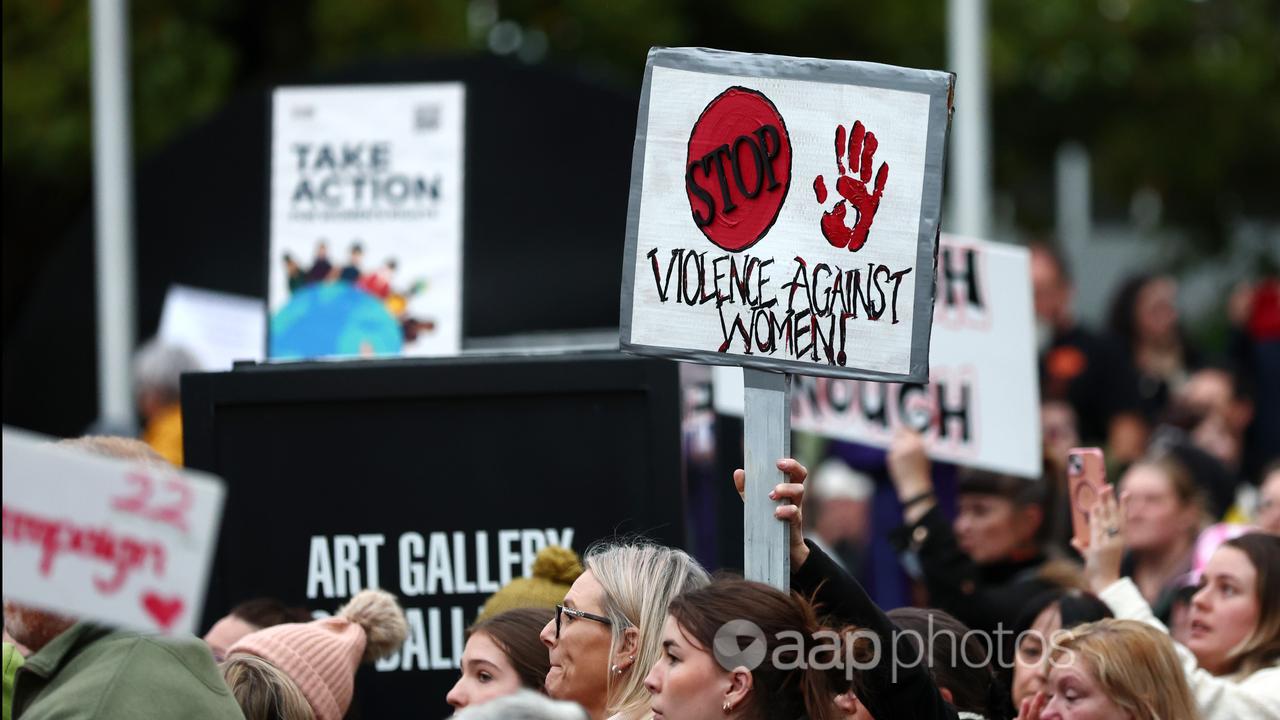A social media post claims that a Jacinda Ardern vaccine mandate has been judged a “gross violation of human rights” by the New Zealand High Court.
The NZ prime minister “was left reeling” following the damning assessment by the court, according to an article by News Punch, a website known as a source of misinformation.
The “gross violation” claim circulated widely on social media, including on Facebook (here, here, here and here), Twitter (here and here), Instagram (here), and Reddit (here).
But the claim is mostly false. Although the judge did find that a vaccine mandate for Police and New Zealand Defence Force (NZDF) staff imposed an unjustified limit on the applicants’ rights, he did not say the mandate was a gross violation of human rights.
The case in question was brought to the High Court by three unvaccinated members of the New Zealand Police and NZDF who sought a judicial review into the COVID-19 Public Health Response (Specified Work Vaccinations) Order 2021.
The order mandated police and NZDF staff be vaccinated by March 1, 2022, otherwise face termination. The trio challenged the lawfulness of the order, including on the grounds the mandate limited rights protected by the New Zealand Bill of Rights Act 1990, the Human Rights Act 1993 and the Universal Declaration of Human Rights 1948.
Justice Francis Cooke dismissed claims that rights under the Human Rights Act and Universal Declaration of Human Rights had been breached.
He instead found the mandate limited the applicants’ right to refuse medical treatment and the right to manifest religion, under the New Zealand Bill of Rights Act 1990.
Andrew Geddis, professor of public law and Bill of Rights law at the University of Otago, said the Bill of Rights Act is a “human rights legislative enactment” while Paul Rishworth, professor at the University of Auckland, described it as “roughly what the UK Human Rights Act is for the UK”.
Both experts told AAP FactCheck it was accurate to say the court found certain human rights had been breached, however it is also clear in the judgment there is no mention whatsoever of a “gross violation of human rights”.
Prof Geddis told AAP FactCheck via email that the judgment was a relatively narrow one, aimed at a vaccination mandate imposed for quite limited reasons.
He explained the NZ government’s stated purpose for requiring police and NZDF staff to be vaccinated was “to protect the operational capabilities of these institutions”.
But given the number of unvaccinated police and NZDF workers at the time of the judgment was very small (roughly 300 out of about 30,000), the judge said he was not satisfied the mandate would have materially protected their operational capabilities.
Upon that basis, he ruled the limits on the applicants’ rights were unjustified, and therefore the mandate was unlawful.
Prof Paul Rishworth, who is author of The New Zealand Bill of Rights, told AAP FactCheck he agreed with Prof Geddis’s assessment.
“A large part of the reason for that conclusion was that there was no evidence that the level of voluntary compliance… (which was very high) was insufficient, such that a mandate was required in order to maintain efficacy of the forces,” he said in an email.
“That made the imposition of a mandate, potentially leading to a redeployment and a loss of employment, a disproportionate response to the stated purpose.”
Prof Geddis added: “What the judge didn’t say and was indeed very careful to note he wasn’t saying, is that vaccine mandates are not needed for the general purpose of stopping people getting and giving COVID-19 to others… Therefore, vaccine mandates that are imposed for public health reasons (not, as in this case, institutional efficiency reasons) very well may be justified.”
He said the case illustrates that government must provide evidence for why limits on rights are needed and if it cannot provide that evidence, then it is acting unlawfully.
Prof Geddes said the judge pointed out “that there very likely is strong evidence as to why vaccine mandates are justified on public health grounds – which is why most other employment mandates have been imposed.”
The Verdict
The claim that the New Zealand High Court ruled a vaccine mandate a gross violation of human rights is mostly false. While a judge ruled the mandate for police and Defence Force staff represented an unjustified limitation on some rights under the Bill of Rights Act – which includes human rights – he did not say the vaccine mandate was “a gross violation of human rights”.
Mostly False – The claim is mostly inaccurate but includes minor elements of truth.
* AAP FactCheck is an accredited member of the International Fact-Checking Network. To keep up with our latest fact checks, follow us on Facebook, Twitter and Instagram.
All information, text and images included on the AAP Websites is for personal use only and may not be re-written, copied, re-sold or re-distributed, framed, linked, shared onto social media or otherwise used whether for compensation of any kind or not, unless you have the prior written permission of AAP. For more information, please refer to our standard terms and conditions.


















